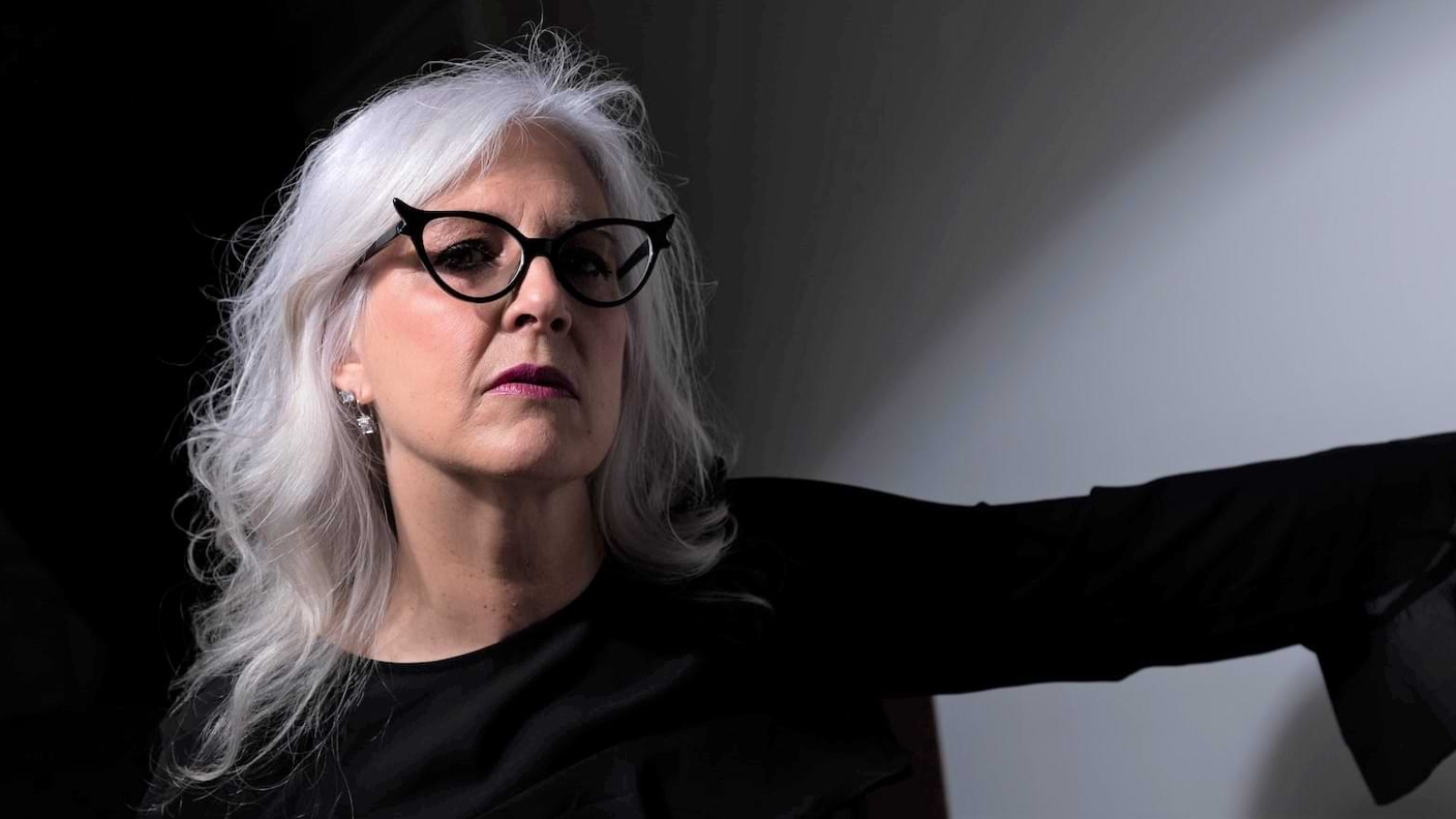18 October is World Menopause Day and is organised by the British Menopause Society (BMS). Established in 1989, the BMS is a specialist organisation that seeks to educate, inform and guide healthcare professionals and the public on menopause and all aspects of post reproductive health.
Menopause is when menstrual periods stop permanently and a woman is no longer able to bear children. Menopause usually occurs between the age of 47 and 54. Although a small percentage of woman experience the menopause earlier than this. During this time, women often have hot flashes, sweating, reddening of the skin, vaginal dryness, trouble sleeping and mood changes.
The menopausal transition usually lasts three to four years. Menopause usually occurs naturally but some medical treatments, such as chemotherapy, radiotherapy, hysterectomy or complications of tubal ligation, can induce it.
While not everyone experiences problem with menopause, it can be a very difficult time for some. For many the physical, mental, and emotional effects of it are strong enough that they significantly disrupt the life of the woman experiencing it. As Lisa Lampanelli (American stand-up comedian and actress) said, “I don’t like any of it. I’m sick and tired of menopause”.
Treatments can include Hormone Replacement Therapy (HRT). It has also been found that mindfulness, Hypnotherapy and cognitive behavioural therapy can decreases the severity of some of the symptoms.
For World Menopause Day 2022, the BMS has partnered with Louise Minchin (British television presenter and journalist) to produce a news-style programme called ‘Menopause: Continuing the Conversation’. The idea is to cut through the noise and give straight talking, clear guidance and advice from BMS menopause specialists, healthcare professionals and BMS members. It includes information from industry experts, providing support for women to recognise and improve their symptoms.
It seems that talking about menopause and women’s health generally is becoming more acceptable. And while we still have a long way to go, it is good to see these topics being discussed. As Konnie Huq (British television and radio presenter, screenwriter and children’s author) said, “A problem shared is a problem halved, but as with so many problems affecting women – periods, menopause, post-natal depression – we often feel embarrassed, as if we’re moaning or just plain wrong to air them”.
Hypnotherapy is such a great tool to help with the issues of menopause that I have made a short video about how it can help. If you think that Hypnotherapy can help you with the symptoms of menopause then get in touch.


